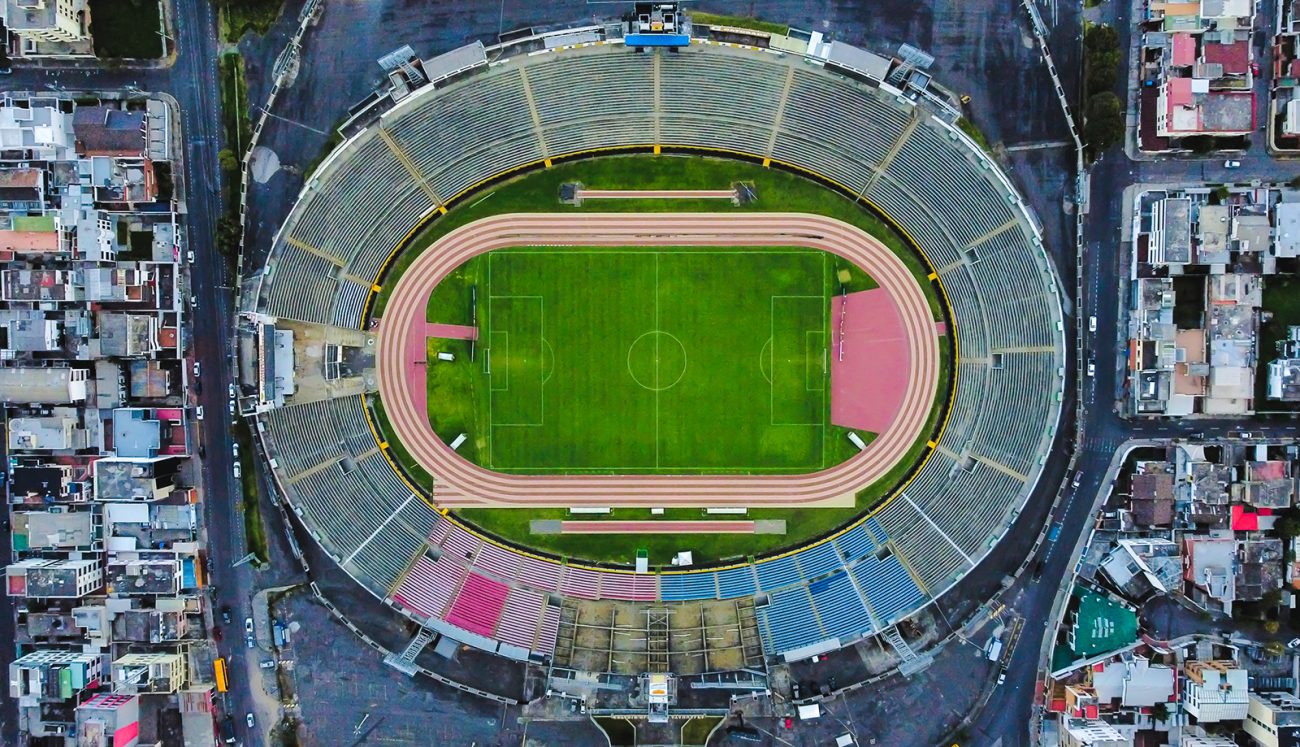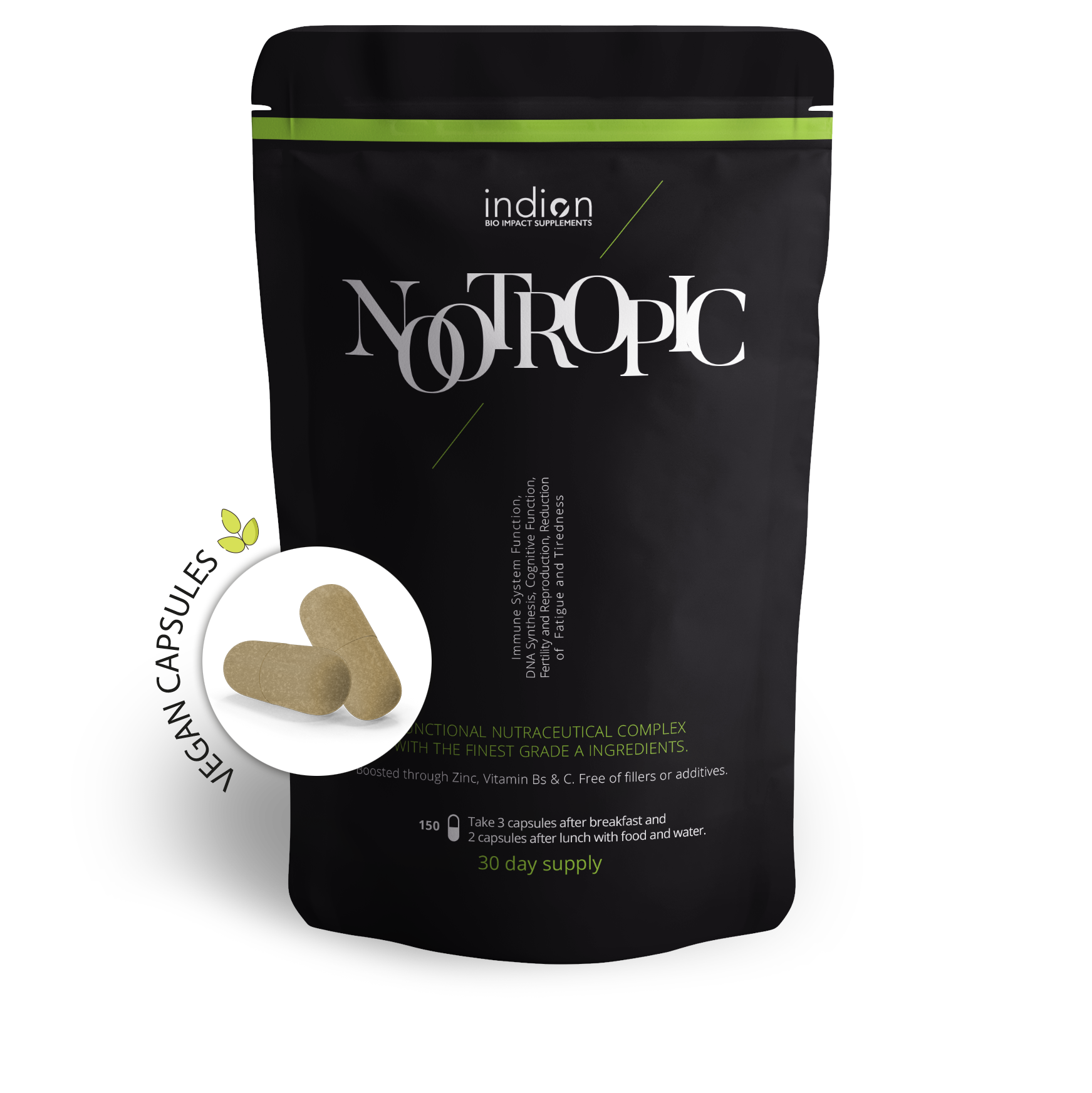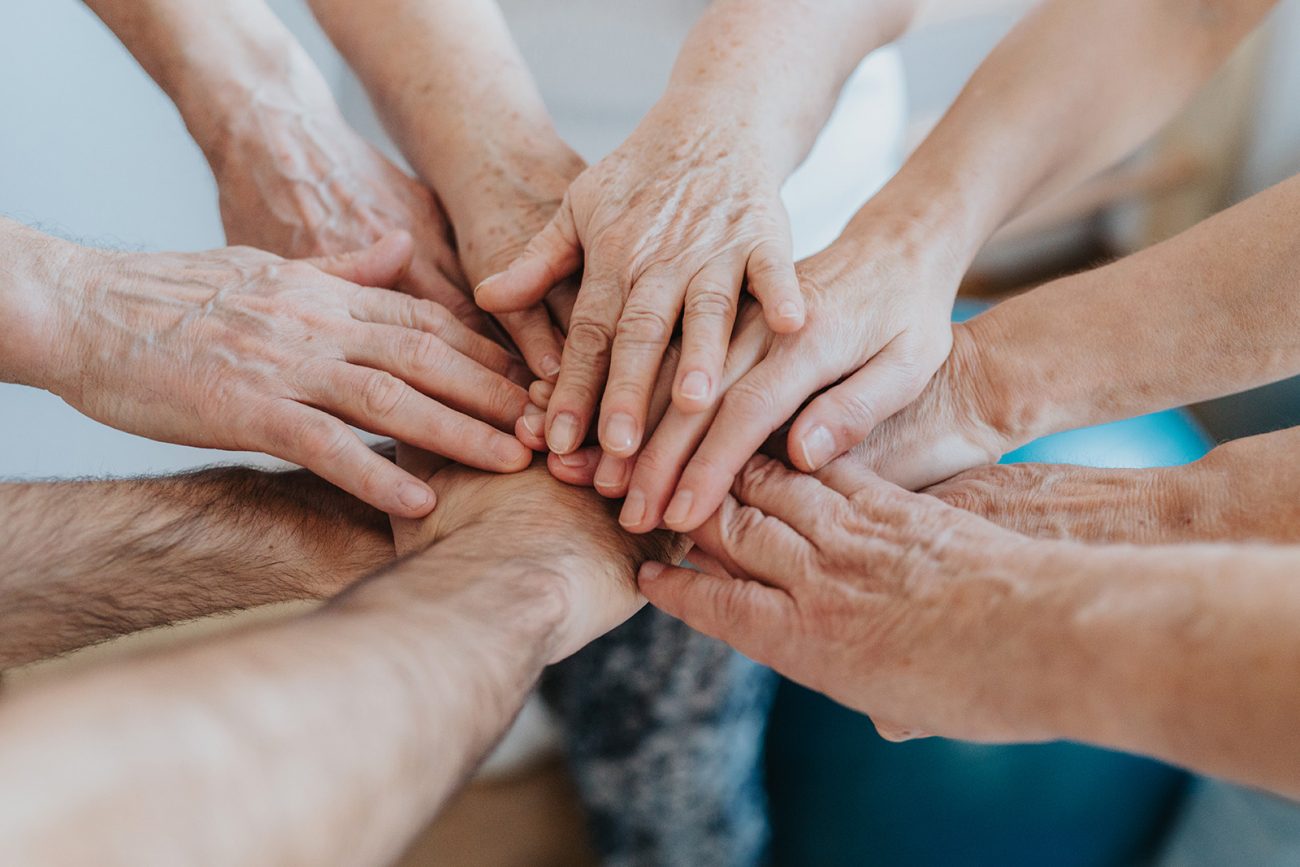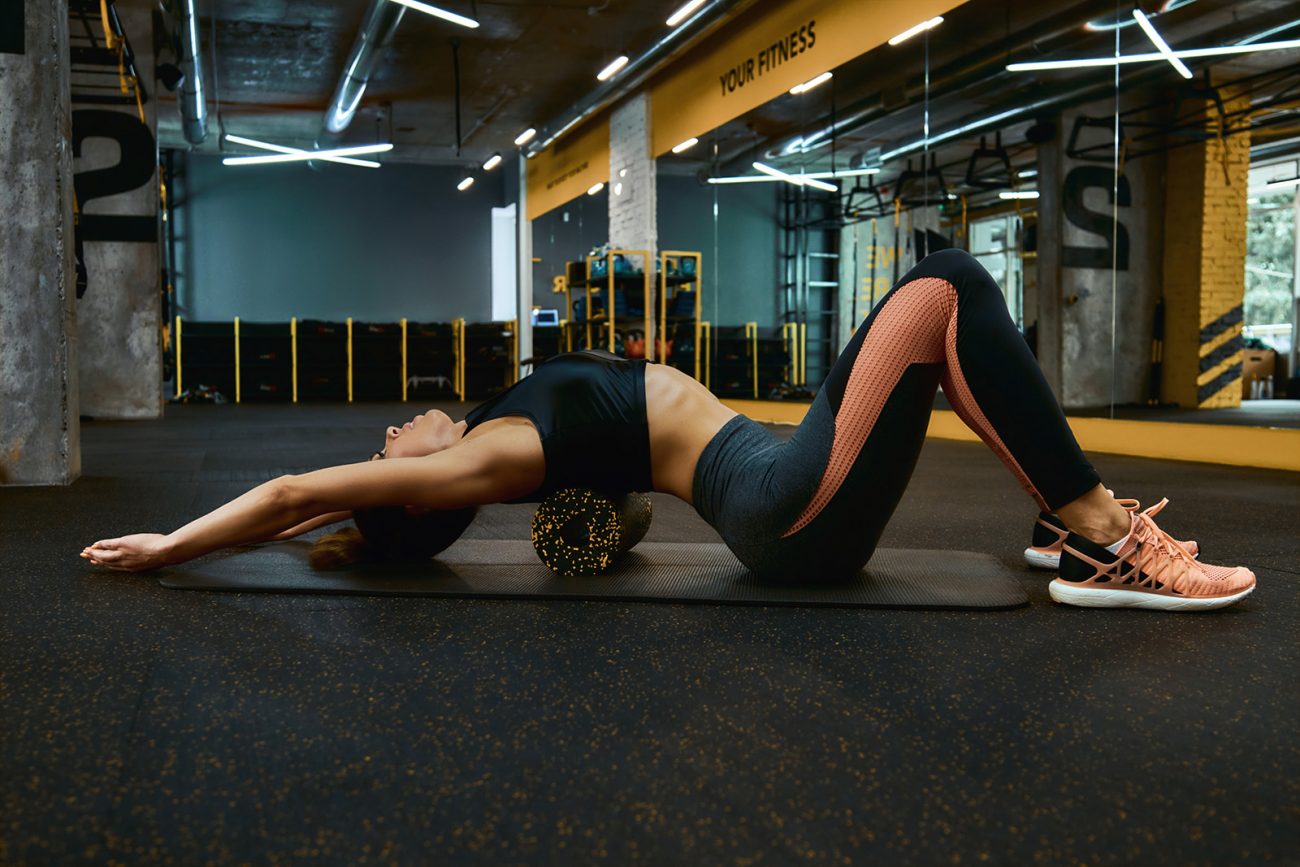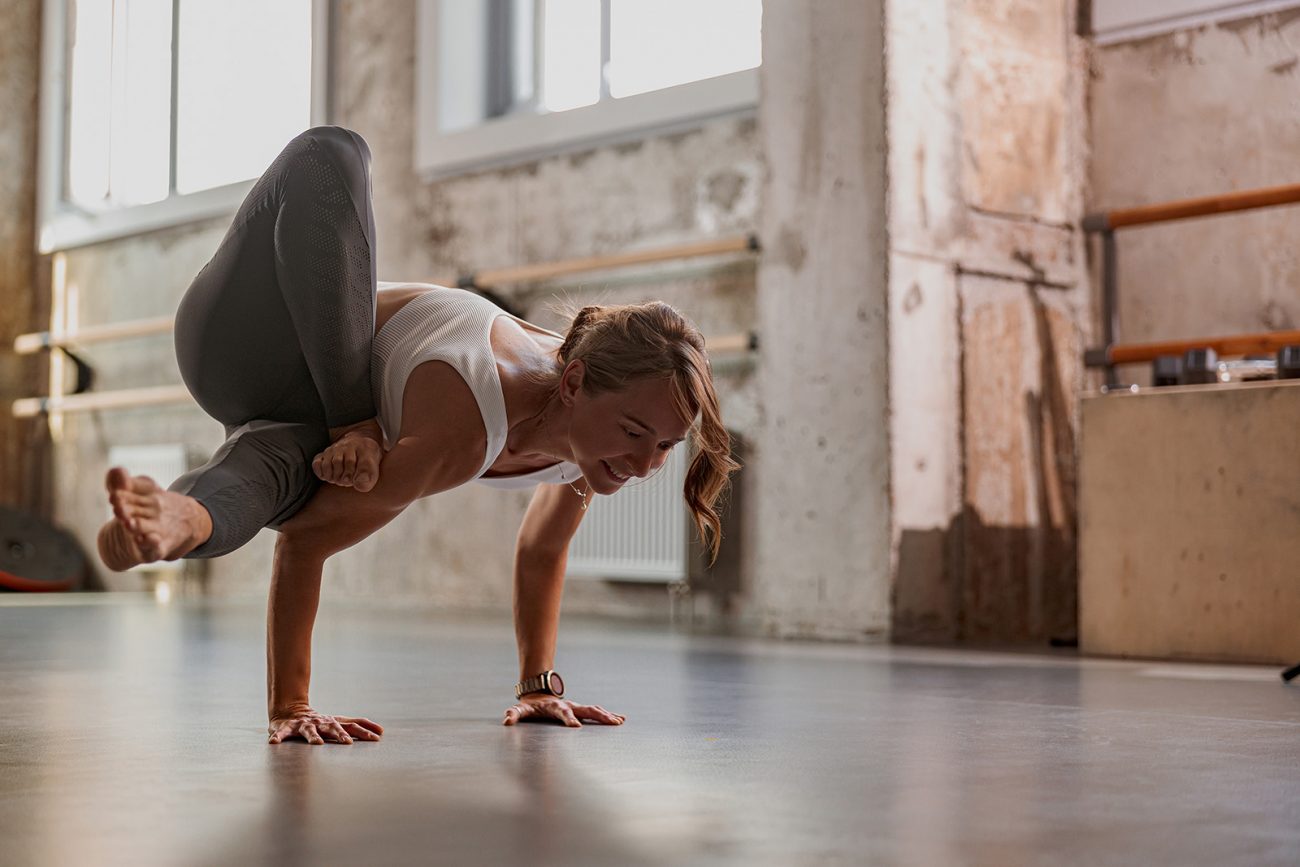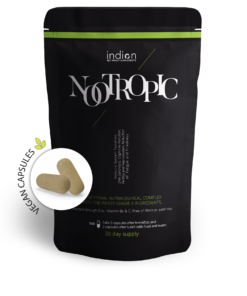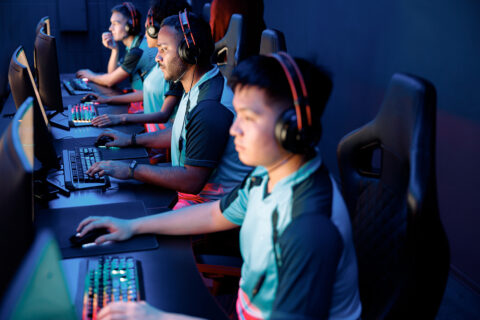Sports performance is not only determined by physical fitness but also by mental skills. Mental skills refer to the mental abilities that athletes need to perform well, such as focus, motivation, and confidence. In this article, we will discuss nine mental skills that athletes can develop to enhance their performance. We will also discuss strategies for controlling competition anxiety, breaking the cycle of competitive stress, mental training in sports, and pregame mental preparation.
Mental coaching
Goal Setting
Goal setting is the process of identifying and setting goals that an athlete wants to achieve. It is important to set specific, measurable, achievable, relevant, and time-bound (SMART) goals. SMART goals can help athletes stay focused and motivated throughout their training and competition.
NOOTROPIC BLEND
Mental peak performance on demand
The NOOTROPIC BLEND is a complex that helps you to get "in the zone", by boosting concentration, attentiveness, and responsiveness through the utilization of some of the most powerful nootropic ingredients available.
- Mind booster for more creativity
- Promotes concentration and focus
- For sustained performance
- Antioxidants protect the brain
- 2 capsules daily, 30 minutes before work, competition, exam or training
Imagery
Imagery, also known as visualization or mental rehearsal, involves creating or recreating vivid mental images of successful sports performances. Imagery can help athletes improve their confidence and mentally prepare for their competition.
Self-Talk
Self-talk refers to the way athletes talk to themselves during training and competition. Positive self-talk can enhance confidence and motivation, while negative self-talk can decrease confidence and increase anxiety.
Focus
Focus is the ability to concentrate on the task at hand despite distractions. Athletes can use techniques such as breathing exercises and visualization to improve their focus.
Motivation
Motivation is the driving force that helps athletes stay committed to their goals. Intrinsic motivation comes from within, while extrinsic motivation comes from external rewards. Athletes should focus on building intrinsic motivation to enhance their performance.
Self Confidence
Confidence is the belief in one’s ability to perform well. Athletes can build confidence by setting and achieving realistic goals, practicing consistently, and focusing on their strengths.
Emotional Regulation
Emotional regulation refers to the ability to
Something went wrong
manage and control one’s emotions, especially during competition. Techniques such as deep breathing, visualization, and positive self-talk can help athletes regulate their emotions and stay calm under pressure.
Teamwork and Communication
Teamwork and communication are essential skills for team sports. Athletes should work on building positive relationships with their teammates and developing effective communication skills to improve their team’s performance as a unit.
Mental Toughness
Mental toughness is the ability to persevere through challenges and adversity. Athletes can build mental toughness by developing a growth mindset, practicing mindfulness, and focusing on their progress rather than their failures.
Strategies for Controlling Competition Anxiety
Competition anxiety is a common issue that athletes face. Here are some strategies that athletes can use to control competition anxiety:
Understand the Symptoms
It is important to understand the symptoms of anxiety, such as racing thoughts, an increased heart rate, and sweaty palms. This can help athletes recognize when they are experiencing anxiety and take steps to control it.
Develop a Relaxation Routine
Athletes can develop a relaxation routine that involves deep breathing, visualization, and progressive muscle relaxation to help them calm down before competition.
Challenge Negative Thoughts
Athletes should challenge negative thoughts and replace them with positive, realistic thoughts. For example, instead of thinking “I’m going to fail,” athletes can think “I’ve trained hard for this and I’m prepared.”
Breaking the Cycle of Competitive Stress
Competitive stress can become a vicious cycle that negatively impacts an athlete’s performance. Here are some strategies that athletes can use to break the cycle of competitive stress:
Identify Triggers
Athletes should identify the triggers that cause them to feel stressed, such as a particular opponent or a specific situation. Once they have identified the triggers, they can develop strategies to manage them.
Develop Coping Strategies to reduce competition stress
Athletes can develop coping strategies that help them manage stress, such as deep breathing, positive self-talk, and visualization.
They should practice these strategies during training so that they can use them effectively during competition.
Mental Training in Sports
Mental training is an important part of sports performance. Here are some tips for athletes who want to incorporate mental training into their routine.
Physical training
Set Goals
Athletes should set mental training goals that are specific, measurable, achievable, relevant, and time-bound. For example, an athlete might set a goal to visualize a successful performance every day for a month. Playing a mental game and winning it can also be a great tool training tool to gain an edge in competition.
Create a Routine
Athletes should create a mental training routine that they can follow consistently. This routine might include visualization, positive self-talk, and relaxation exercises. Routines help to take the stress away and reduce anxiety.
Practice Consistently
Mental training is like physical training—it requires consistent practicing everyday life to see results. Athletes should aim to practice mental training every day, even if it’s only for a few minutes.
Pregame Mental Preparation
Pregame mental preparation is an important part of sports performance. Here are some steps that athletes can take to prepare mentally before competition:
Set Goals
Athletes should set specific, achievable goals for their performance in the upcoming competition. This can help them stay focused and motivated during the game.
Visualize Success
Athletes can use visualization to imagine themselves performing well during the competition. This can help them build confidence and prepare for the game, improve performance and alleviate chronic stress.
Relax
Athletes should take steps to relax before the competition in order to be mentally prepared in the best way possible. Practicing deep breathing or meditation techniques before competition, this can help to stay calm and focused during the game.
In conclusion, mental skills are a crucial part of sports performance. Athletes can develop mental skills such as goal setting, imagery, focus, motivation, confidence, emotional regulation, teamwork and communication, mental toughness, and self-talk to enhance their performance. They can also use strategies such as relaxation techniques or positive self-talk.
The ultimate tool to dominate competitions is competing a lot, By going through the process of competing constantly, athletes can gain a competitive edge.
The competition itself becomes routine and turns into a normal process. Obviously, pregame preparation needs to be optimized and maintained, but competing constantly will benefit athletes the most.
Nutritional supplements
€59,90
You might also be interested in:
Nootropic Blend
Nootropics for Motivation
Ever felt like you’re stuck in a rut, unable to muster the energy or motivation [...]
Nootropic Blend
Nootropic Blend: best focus supplement for gaming
Discover the best nootropic blend for gaming! Our article explores the benefits, ingredients and factors [...]
Nootropic Blend
Can Smart Drugs Improve Cognitive Function?
This article explores the potential benefits and drawbacks of using smart drugs for cognitive enhancement. [...]
Nootropic Blend
Neuroenhancement: brain doping?
Many people are looking for ways to increase their cognitive abilities and reach their full [...]
Nootropic Blend
Combat lack of concentration
Discover now the natural formula for more focus and productivity in everyday life. Increase concentration [...]
Nootropic Blend
Clearing the Brain Fog: How Nootropics can Enhance Cognitive Function and Boost Productivity
Discover how nootropics can help you tackle brain fog. Learn about the best types of [...]
Nootropic Blend
Navigating the World of Brain Boosting Nootropics: From Racetams to Rhodiola
Unlock your cognitive potential with brain-boosting nootropics. Learn about different types, benefits, and safe use [...]
Nootropic Blend
How ashwagandha effect muscles
Discover the effects of ashwagandha on muscle health. Learn how this adaptogenic herb can enhance [...]
